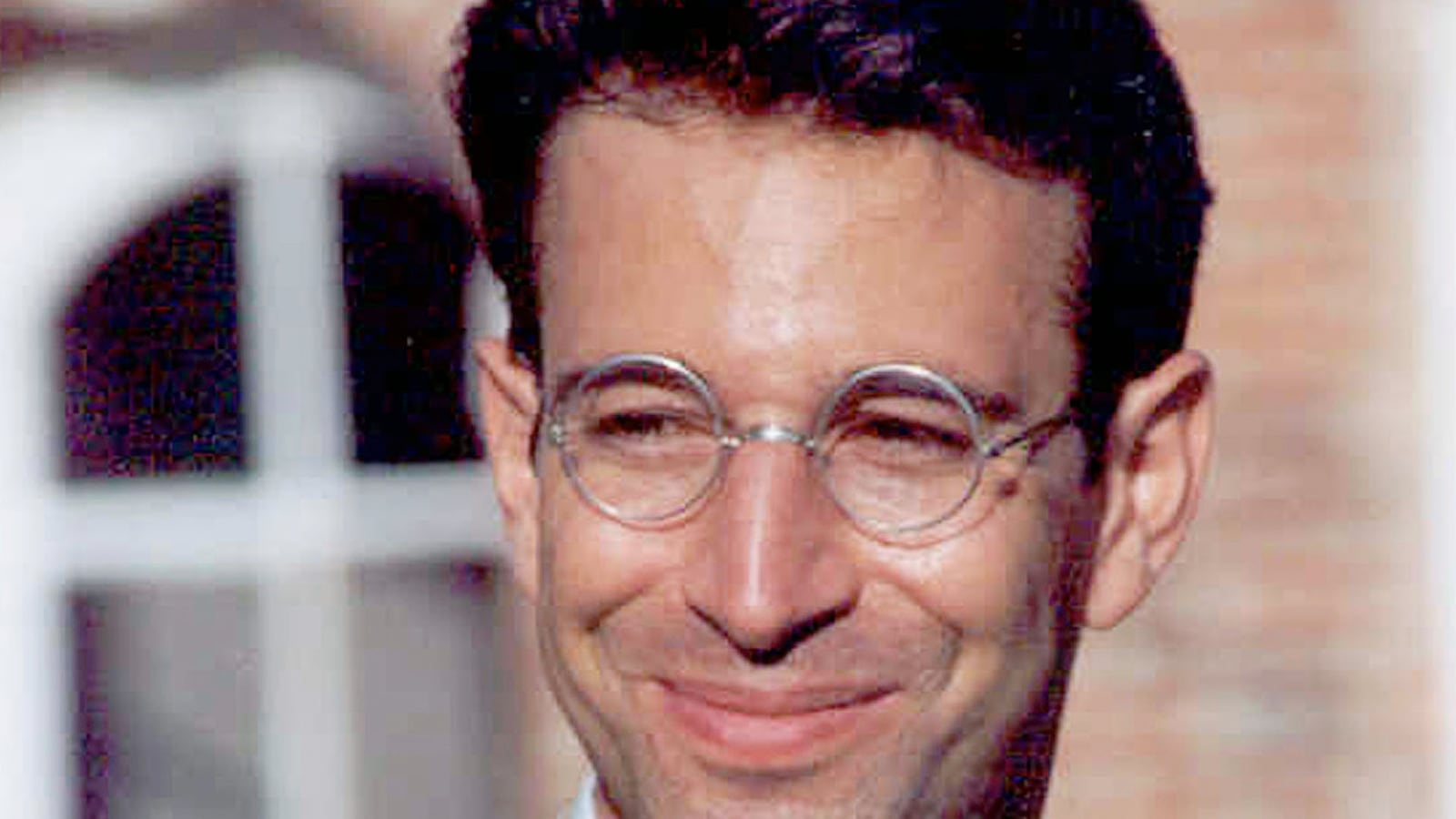Nearly a decade after the Pakistani media initially reported his arrest, Qari Abdul Hayee, one of the men allegedly involved in the 2002 assassination of Wall Street Journal reporter Daniel Pearl, has been taken into custody by paramilitary forces in the port city of Karachi.

Hayee, alias Asadullah, is a senior militant in the banned Sunni group Lashkar-e-Jhangvi (LeJ) and was reportedly arrested in a crackdown on sectarian violence as Pakistan prepares for general elections, due in May. The LeJ has claimed responsibility for several high-profile attacks on Pakistan’s Shia community in the past three months, including two bombings in Quetta, the provincial capital of Balochistan province, and another in Karachi.
But while the arrest of Hayee, former president of the LeJ in Sindh province, is considered a coup against the terrorist group, it is unlikely he will be in jail for very long. “It is common for terrorists like Hayee to be released within a few months of being arrested,” says independent analyst Hasan-Askari Rizvi. “The state is required to collect prosecutorial evidence and the risks involved usually mean there isn’t enough proof or all the witnesses just withdraw their statements.” In addition, militants are often taken into custody by Pakistan’s security agencies—resulting in “missing persons” or people who have been arrested but never charged with any crimes.
Already, there is confusion over which agency currently has custody of Hayee. The Pakistan Rangers claim he was transferred to the Karachi police on Sunday. However, a police official with the Crime Investigation Department told The Daily Beast he had no knowledge of Hayee’s arrest. “Everything we know about Hayee’s arrest, we have learnt from the press,” he said, on condition of anonymity. “Any agency could have taken him,” says Rizvi. “The Rangers don’t keep prisoners for very long, but it isn’t rare for the security agencies to snap up prominent militants before they are taken into custody by the police.”
This isn’t the first time Hayee has been taken into custody before emerging unscathed. In 1995, Hayee was arrested with LeJ founder Riaz Basra, but both men escaped custody from court premises. Basra was killed in a police encounter in 2002.
Following their escape, in 1997, Hayee reportedly fled to Afghanistan, where he became a key trainer of LeJ militants and encouraged sectarian violence on both sides of the porous Pak-Afghan border. Hayee is believed to have used his knowledge of hand-to-hand combat, explosives, and chemical attacks to facilitate his rise in the organization. According to police, he also met Taliban chief Mullah Omar at least once during this time. In Afghanistan, Hayee broke off from Basra and, following the U.S. invasion of Afghanistan, set up camp at a madrassah in Karachi. He is alleged to have helped set up the kidnapping of Pearl through his contacts at the madrassa, and was investigated by police but no charges were brought against him.
In May 2003, Hayee was arrested in a police raid in Southern Punjab, a hotbed of militant activity and sectarian violence. According to investigators, he was planning suicide attacks on police officials who had cracked down on sectarian violence in the region. Upon his arrest, he was charged with the deaths of six men who had been killed when he attacked a Shia Muslim mosque with hand grenades in 1994. A month later, Hayee was sentenced to death for the attack, but was acquitted in appeal due to lack of evidence.
Hayee was been on the Pakistan government’s watchlist since and in 2004 was named in a list of “wanted terrorists” against a bounty of 2 million rupees (approximately $31,000 at the then-exchange rate).
It is unlikely, however, that Hayee has been arrested on any of the old charges pending against him. Last month, former interior minister Rehman Malik told journalists that the LeJ was involved in 80 percent of all terror attacks across Pakistan. As his Pakistan Peoples Party prepares to contest general elections, their failure to prevent terror attacks has become a key campaign point. Hayee’s arrest is more likely an attack on LeJ to show the people that the government is working to protect them. “It’s possible the government wants to show that it is bringing Karachi, a major metropolis, back under its control after so much violence,” says Rizvi. “There is now more pressure on them to act and show their effectiveness.”
Arrested for his involvement in Pearl’s kidnapping or for his organization’s recent targeting of Shia Muslims in Pakistan, Hayee’s absence from the streets is good news. Whether it will translate into justice for his numerous victims remains to be seen.





